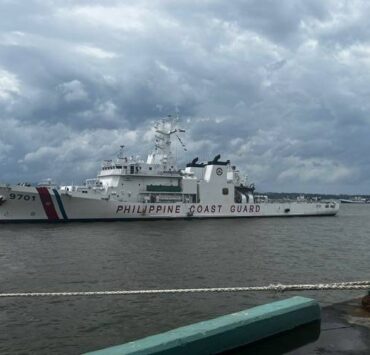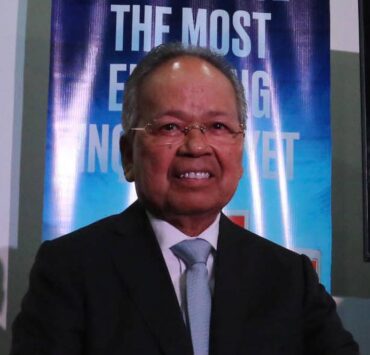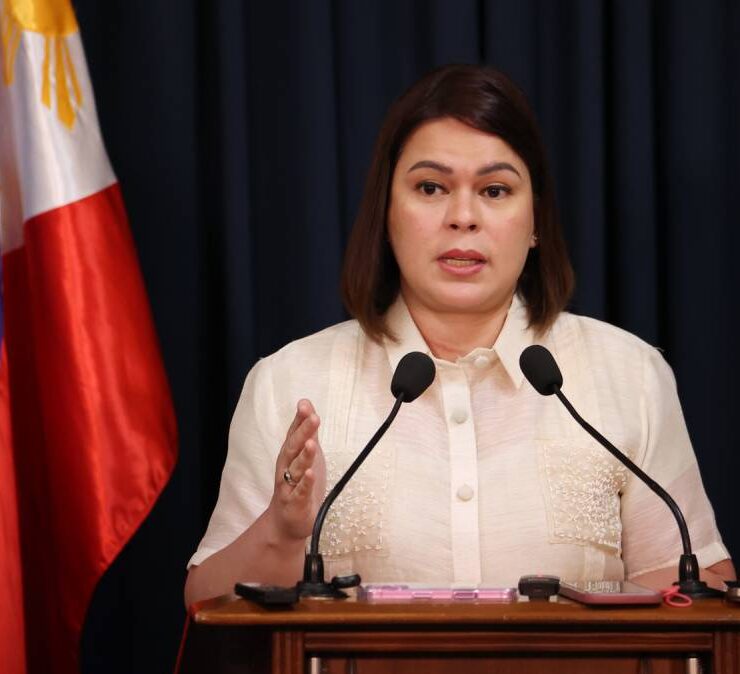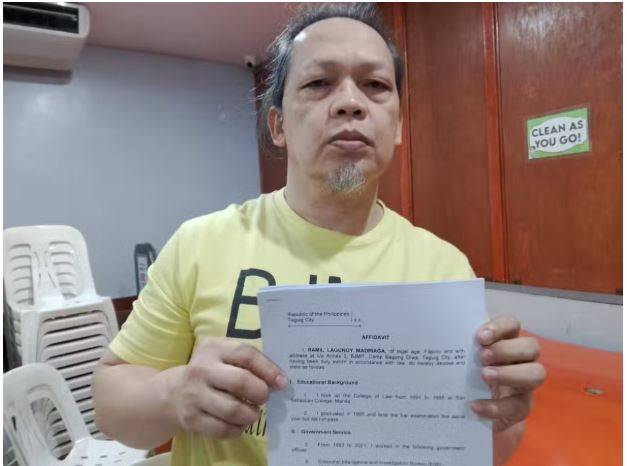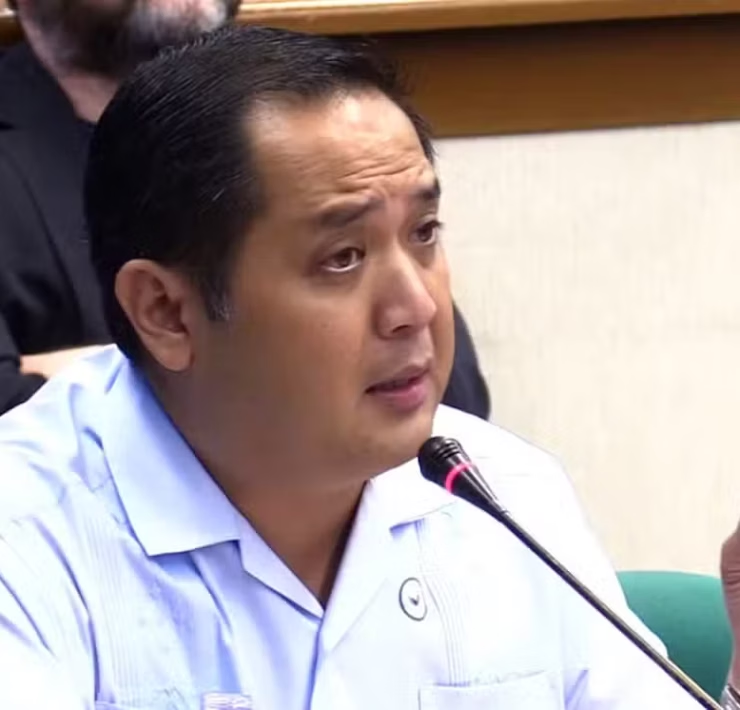Lawyer cites need to fast-track ICC warrant vs Du30
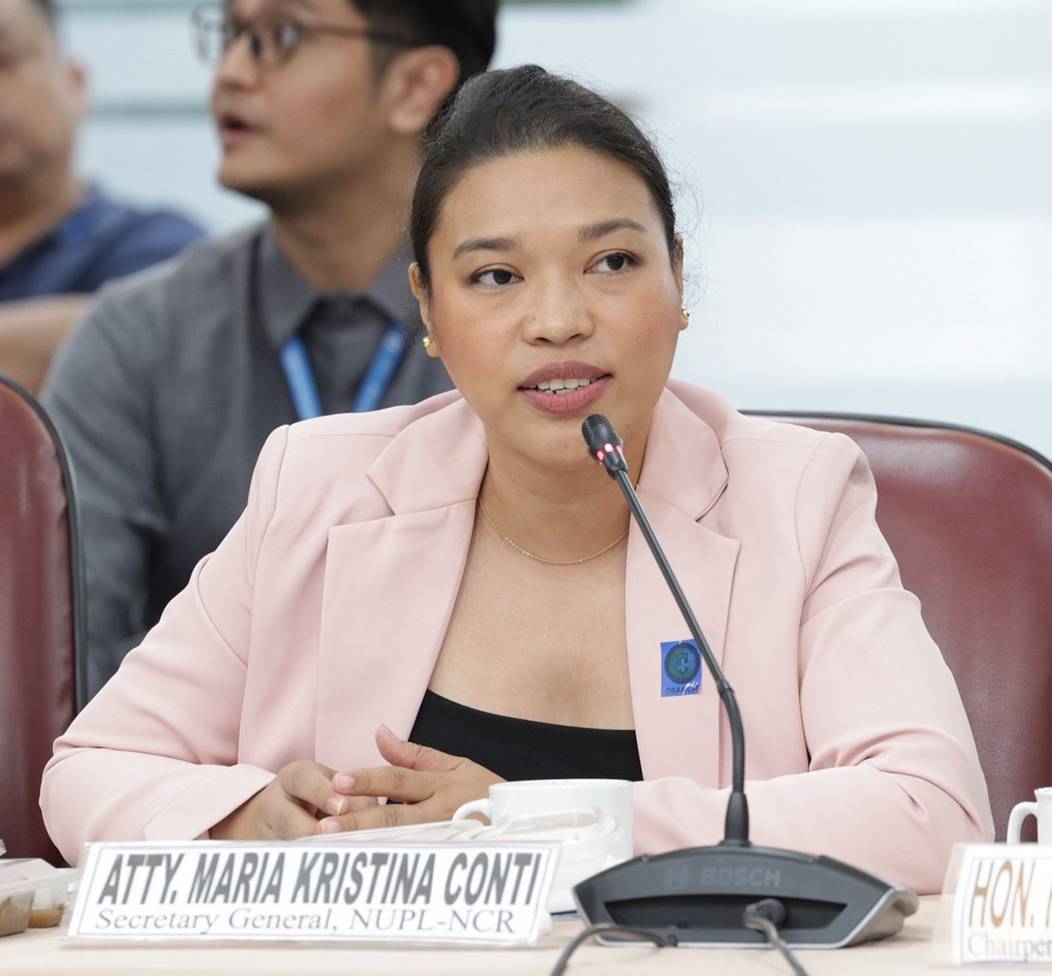
The International Criminal Court (ICC), which is investigating former President Rodrigo Duterte for alleged crimes against humanity in relation to his drug war that left thousands of drug suspects dead, may issue a warrant for his arrest within the year, a lawyer told the Inquirer on Sunday.
Kristina Conti, a cocounsel in the ICC case who represents families of victims of extrajudicial killings (EJKs) during the Duterte administration, said they wanted to further speed up the issuance of the warrant although this would be a challenge.
To do this, she said they would have to convince the ICC there was an urgent need to arrest Duterte and his coaccused as some of them remain in power and could influence any ongoing probes, particularly into his drug war.
Conti noted that some ICC cases progressed faster, specifically those of Israeli Prime Minister Benjamin Netanyahu and Russian President Vladimir Putin over ongoing conflicts in Palestine and Ukraine, respectively.
In Netanyahu’s case, ICC Chief Prosecutor Karim Khan had already applied for an arrest warrant against him for alleged war crimes in Gaza.
On the other hand, the court issued a warrant last year against Putin over the supposed unlawful deportation of children and transfer of people from Ukraine to Russia.
“The ICC has looked into investigations for shorter than two years. The investigation into the case of the Philippines has been ongoing for two years. Some other investigations have been quicker but this is because the conflicts are ongoing,” Conti said.
Element of urgency
“If you will look at these cases (Palestine and Ukraine), there is an element of urgency and as with the announcements, the warrants of arrest are calculated so they can prevent the commission of further crimes,” she added.
In Duterte’s case, Conti said they would have to convince the court that drug killings continue to happen and some of the respondents still hold positions of authority.
One such person is Sen. Ronald “Bato” dela Rosa, who was the chief of the Philippine National Police when Duterte launched his brutal antidrug campaign.
Undaunted at first by the ICC investigation based on his previous statements, Dela Rosa has recently expressed anxiety over his possible arrest and said he would seek help from the Supreme Court.
“In the case of the senator, he has limited authority to some extent, but Senator Bato is still a senator and he can influence legislation,” Conti said.
In a privilege speech last month, Dela Rosa proposed a measure that would ultimately ban cooperation with the ICC, similar to a law in the United States that prohibits its courts, agencies and local governments from cooperating with the court.
“There’s still influence and we would want the ICC to somehow see that the perpetrators are still in power and have the capacity to influence an investigation, influence a policy or to sway some witnesses or sweep under the rug some evidence,” Conti explained.
She also noted how some so-called “DDS cops” or policemen linked to the “Davao Death Squad” were able to return to Davao City, Duterte’s bailiwick.
Dela Rosa is among the principal respondents in the ICC case, alongside Duterte, while secondary respondents include other police officials involved in the drug war, as well as Vice President Sara Duterte.
Former Sen. Antonio Trillanes IV, a vocal critic of the Dutertes and the previous administration’s drug war, said in January that a warrant may be issued “soon” after ICC investigators went to the Philippines late last year to gather evidence for the case.
For Conti, she believed—and hoped—that a warrant would indeed be issued within the year.
Most responsible
“Based on what we picture, as soon as [the ICC] determine who’s the most responsible or bears the greatest responsibility, you can already issue a warrant. In this situation, it is obvious who is the most responsible,” Conti said.
But should an ICC warrant be issued, the serving of the warrant would still require the approval of President Marcos.
At the House of Representatives, a quad committee has been looking into the links between the proliferation of Philippine offshore gaming operators (Pogos) and EJKs in the drug war. Conti was among the resource persons invited to the quad committee hearings where she was asked by lawmakers about the plight of EJK victims and legal remedies sought by their families.
She disclosed they were considering submitting the revelations made during the House proceedings to the ICC as supplementary evidence.
Surigao del Norte Rep. Robert Ace Barbers, lead chair of the quad commitee, had said in one of the hearings that while they could not directly provide the proceedings’ transcript to the ICC investigators, the court itself could check the livestream archives of the hearings in the House’s social media accounts.
“As to when, we’ll have to look into that and we will submit it possibly as additional evidence, and it will always depend on the [international] court on how they will treat it,” Conti said. INQ














